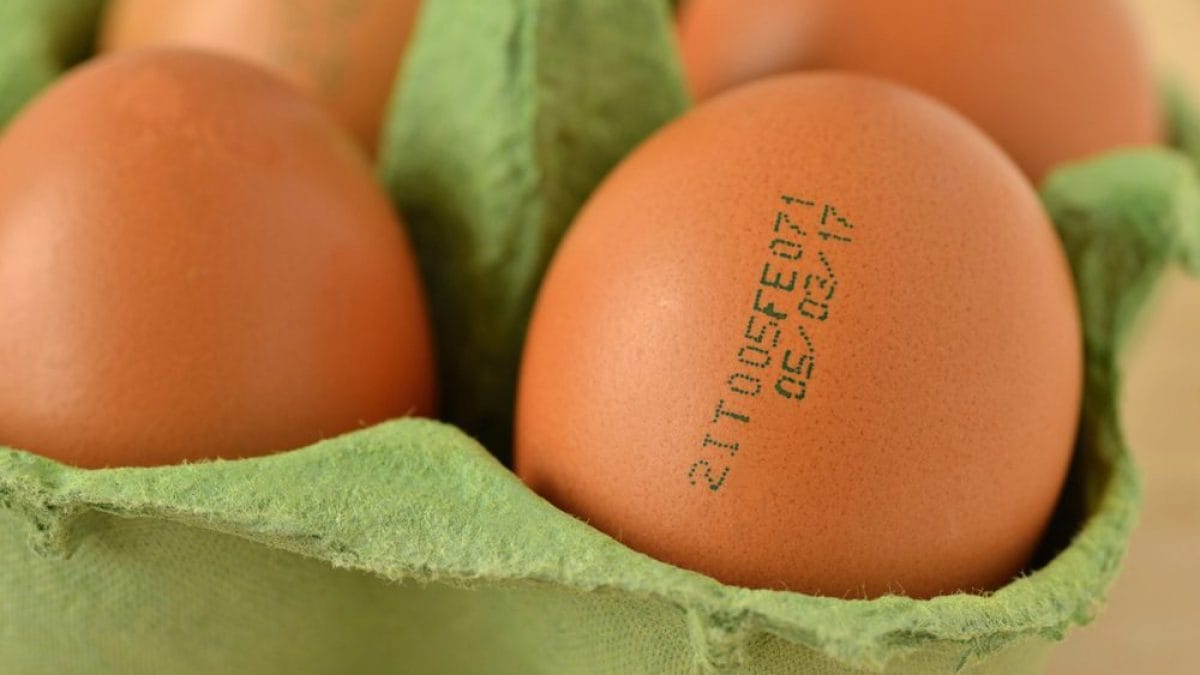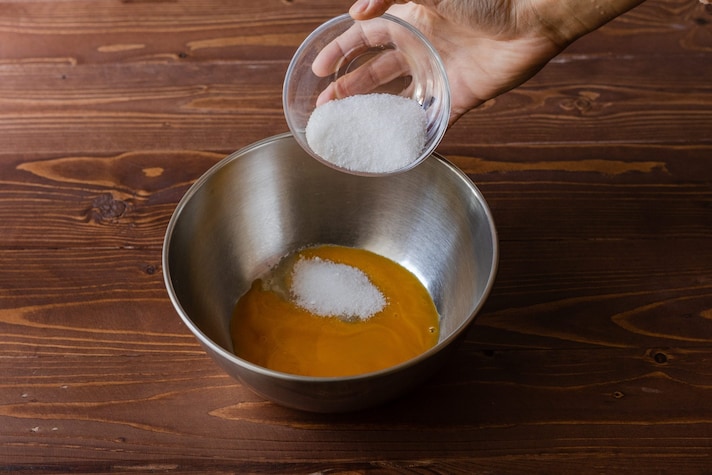
Chicken eggs are one of those foods that should never be missing from a kitchen: not only do they allow for a varied diet rich in important nutritional components, but they are also versatile ingredients that you can use in both sweet and savory dishes and are also useful for many home remedies.
When you use eggs in cooking, however, it is essential for your health that you check their expiration date and do not consume them after it. In the case of eggs purchased in the store, you will find a wording indicating the recommended consumption date (shown on the package or directly on the shell), for fresh eggs instead the rule is to eat them within about 15 days of being laid.
Eating expired eggs, especially if they are raw eggs, could lead to contamination by a bacterium that could lead to contracting salmonellosis, a gastrointestinal infection that can sometimes become very serious.
Why You Shouldn't Eat Expired Eggs
The main risk of consuming expired eggs is related to the possible contamination of salmonella, a bacterial agent sometimes present in these foods in imported quantities. The real risk is in the shell which, having passed from the animal, can be easily contaminated.
What does this have to do with the expiration date? The more time passes, the higher the risk that the bacteria, from the outside, penetrates inside the egg, causing an infection that can also be serious for your body. It is therefore essential to respect the consumption dates of eggs, especially if you intend to use them raw in recipes such as tiramisu (remember that, in case of doubt, it is always best to pasteurize them).

Salmonella, in fact, is a temperature-sensitive bacterium: this means that if you cook the food, the possibility of eliminating the bacterium is very high. For this very reason, you must be very careful when eating even the dough of sweets, in which raw and unpasteurized eggs could be dangerous.
However, since there is no certainty that the bacteria has been completely eliminated by cooking, it is always better to avoid exceeding the expiry date and consume the eggs within a maximum of three weeks of purchase.
Symptoms and Remedies of Salmonella Infection
Salmonella is the name given to a group of bacteria of the Enterobacteriaceae family that are found in the intestines of animals such as birds, reptiles and mammals. There are about 2000 serotypes of these microorganisms, of which about 50 are dangerous for humans, who can contract them from eggs but also from other products, such as meat.
The main risk is contracting salmonellosis, an infection that attacks the gastrointestinal tract. Symptoms usually appear within three days of consuming eggs or other contaminated products and include abdominal pain, vomiting and diarrhea, in some cases accompanied by fever, headache and joint pain.

In most cases, the disease has a benign course, but sometimes the infection can also worsen to the point of requiring hospitalization and even having serious consequences. The advice is therefore, if symptoms of this type appear after consuming potentially risky foods such as expired eggs, to contact your doctor promptly.
How to Tell if An Egg is Fresh
If you bought eggs from a farmer but don't remember exactly when, or if you threw away the package you bought at the supermarket and no longer have the expiration date available, you need to somehow ensure the freshness of your eggs. How do you do it?
There are some very simple and quick natural tricks that can help you, for example checking the porosity of its shell. You will have to put the eggs in a container containing cold water: if the egg sinks it is fresh, if it remains halfway it is no longer very fresh but you can eat it cooked, if it floats it is better not to eat it because it has expired.
This phenomenon occurs because of the egg shell, which is porous: if the eggs are fresh the shell allows little air to pass through and the food sinks, but if the eggs are no longer fresh they will fill with air and float.
Remember instead that it is not a good method to check the yolk inside: there is no correlation between its color (from yellow to bright orange) and the expiry date, it is a factor that depends entirely on the diet of the hen that produces the egg.
;Resize,width=767;)
